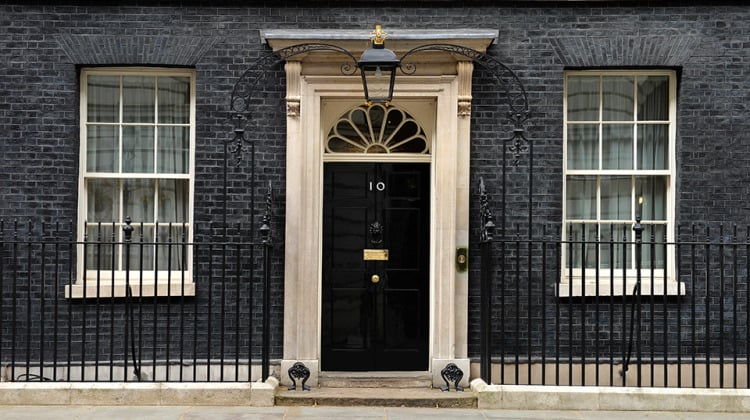New legislation to mandate annual oil and gas licensing in the North Sea is expected to be set out in the King’s Speech tomorrow (7 November).
The bill will allow the North Sea Transition Authority (NSTA) to invite applications for new oil and gas production licenses on an annual basis. This would replace the current structure which sees no fixed period between licensing rounds.
According to the UK government the move is a further step to “support the UK’s transition to net zero in a pragmatic, proportionate and realistic way” whilst also protecting jobs, energy security and reducing reliance on foreign imports.
Echoing his September speech which delayed targets for heat decarbonisation and fossil-fuel car sale bans, Prime Minister Rishi Sunak stated that the introduction of annual North Sea licenses were to avoid “adding undue burdens on households”.
Explaining the reasoning behind the announcement, secretary of state for energy security and net zero, Claire Coutinho cited data published by the Climate Change Committee, which showed that the UK will continues to relay on fossil fuels even if the nation reaches net zero by 2050.
“The UK has cut its emissions faster than any of its peers. But as the independent Climate Change Committee acknowledges, we will need oil and gas even as we reach net zero in 2050,” said Coutinho.
“As energy markets become more unstable it’s just common sense to make the most of our own homegrown advantages and use the oil, gas, wind and hydrogen on our doorstep in the North Sea.”
The CCC also published an update to its progress analysis for the UK’s path to net zero, following the Prime Minister’s speech last September, in which the organisation declared that the UK government is “slipping on its existing [net zero] commitments” and its confidence in the UK meeting its 2030 targets, remains low.
Jess Ralston, head of energy at the Energy and Climate Intelligence Unit (ECIU) called the new legislations a “distraction” at best from energy security, which won’t help lower bills. Ralston also questioned whether the move was about “delivering energy security or playing politics?”
“Even if all new licenses are approved, gas production from the North Sea is still going to fall by 95% so it won’t help to bring down our gas bills. Inevitable decline in gas from the North Sea means that until we wind down using it for heating and electricity generation, we are going to have to import more from abroad,” said Ralston.
“The fact is that most of what’s left in the North Sea is oil, which we export the vast majority of to be refined and then import back at market prices – so it doesn’t help to lower bills.
“The question is, is this about delivering energy security, or playing politics? If the government really wanted to deliver energy independence it would be focussing on reducing our gas demand by building out more renewables, insulating homes and installing electric heat pumps. But it recently failed to secure any more offshore wind in the last auction round, scrapped insulation regulations in the private rented sector and we’re way behind the rest of Europe on phasing out gas boilers.”





